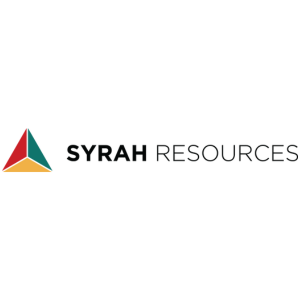Is Zambia the next stand-out player in African minerals exploration in 2022?
With billions of dollars worth of African gas, gold, copper and cobalt to hit the markets in 2022, industry players are focused on the next big deals. The election of a new government in Zambia in August 2021 has led to optimism that the country is the stand-out player in African minerals exploration for 2022.
“All eyes are on Zambia,” says Peter Major, director of mining at Mergence Corporate Solutions in South Africa. Major spoke in Cape Town in October as he prepared for a mining investment trip to Zambia. In the new president, Hakainde Hichilema, he says, the country has “a real businessman” in charge.
As well as copper, whose industrial mining in Zambia dates back to the 1930s, the country has significant potential in gold, manganese, emeralds and coal, Major says. There has been a historic lack of exploration since the post-independence nationalisation of the mines, he says. Over the past five years, in particular, there has been “no motivation to prospect”.
A working cadastral system gives Zambia a crucial advantage over Ghana and the Democratic Republic of Congo, Major points out. But the question mark over the Hichilema administration is how it will handle its review of existing mining licences. “We need to see some people coming out of the other side of the pipeline,” Major says. Once that starts happening, he predicts, there will be a “stampede” to explore and mine in Zambia.
According to Irmgard Erasmus, a senior financial economist at Oxford Economics in Cape Town, Hichilema and his minister of mines, Paul Kabuswe, are likely to take a “more pragmatic, market-orientated approach” in dealing with mining companies, in contrast to the “hard-handed and interventionist stance” under the former president, Edgar Lungu. The Zambia Chamber of Mines has welcomed plans to reform the tax code, saying this will mark a break from the old “cash-grab mentality”.
Strike while the copper is hot
Mining was the only sector of the Zambian economy to decline in the second quarter of 2021, when copper production dropped 9%, hurt by the impact of Covid-19 and the first-quarter rainy season. This meant the country was unable to fully capitalise on the high copper prices, which peaked in May, according to economist Yvonne Mhango at Renaissance Capital.
Erasmus predicts that copper prices going forward will see a moderate but sustained decline, amplified by monetary policy normalisation in the US and the risk of a Chinese slowdown driven by stresses in the country’s property sector. These headwinds, Erasmus argues, will ensure that Hichilema will remain “mindful of the urgency to strengthen copper output”.
Major contrasts the Zambian outlook with that in South Africa. He is critical of President Cyril Ramaphosa’s cautious approach. Hichilema has shown a willingness to purge figures associated with the old regime, Major says: “Purging is necessary. But Ramaphosa does not purge. He promotes. South Africa needs a radical change in governance. Zambia is showing South Africa the way.”
Ghana overtook South Africa as the continent’s largest gold producer in 2019. Major sees little chance of that being reversed. Ghana’s government “acknowledges the problems and takes steps to help the industry,” Major says, citing its efforts to keep AngloGold Ashanti in the country.
In 2016, AngloGold’s head of corporate affairs, John Owusu, was killed during a riot by artisanal miners at the company’s Obuasi mine, but AngloGold has stuck with the project. “There is not more gold in Ghana than in South Africa, but there is a better legal framework,” Major says.
Ghana is scored 69 out of 100 in a 2021 ranking from the Natural Resource Governance Institute (NGRI) – an improvement of 13 points since 2017. Governance of taxation has improved, mostly due to the power of the Ghana Revenue Authority to audit all businesses, including mining companies. On adherence to environmental and social impacts, Ghana scored a maximum 100 on the NGRI index, with all gold-mining companies now disclosing environmental and social impact assessments and environmental mitigation plans for new projects.
Refining for mining
National budgeting governance has improved due to the adoption of, and adherence to, fiscal rules, the NGRI says. Still, the report claims the extractives sector is being held back by a lack of online data portals, and weak adherence to open data standards. The government currently has no policy in place to publicly disclose mining sector contracts, though there are mandatory contract disclosures in the oil and gas sector.
Sulemanu Koney, CEO of the Ghana Chamber of Mines, is confident that Ghana’s mining sector can drive the country’s industrial development. For that, he argues, Ghana needs to move up the value chain and start to refine its raw materials. He wants to end the use of imported rubber for mining components and is in discussions with a multinational company to refine Ghanaian rubber.
“Extractive industries can’t be a silo or an enclave,” says Koney, a chemical engineer by training. “Deliberate thinking is needed to link themes up.” An example, Koney says, is the extraction of caustic soda from brine, which is used by the mining industry as well as in aluminium production and in detergents.
Mozambique’s progress
Ghana, Koney argues, needs a “minerals-based industrialisation strategy”. The challenge, he says, is to “leverage the presence of the mining industry for the good of the country” by promoting training and investment in technology. “That’s my raison d’être. Otherwise I would have given up a long time ago.”
The US is trying desperately not to buy rare earth from China.
In Mozambique, the coming year will be crucial in consolidating progress against the radical Islamic insurgency in the north of the country, which has delayed plans to develop the region’s natural gas resources. Progress in combating the insurgency means that “sentiment has changed quite drastically” for the better in recent months, says Hermano Juvane, head of oil, gas and value-chain banking at Absa Bank in Mozambique.
Support for Mozambique’s army, including from Rwanda and the Southern African Development Community, has contributed to the improvement, Juvane says. People have been able to return home to Palma in the northern Cabo Delgado province.
TotalEnergies in September announced a two-year delay to the first onshore production of liquefied natural gas in Mozambique, with the first output now scheduled for 2026. TotalEnergies declared force majeure at its $15bn project in April, but project activity is now expected to restart in 2022. Juvane sees the new timetable as realistic. “There is about four years of work left,” he says.
Absa in Mozambique is focusing on financing subcontractors of the extractive industries, Juvane says. He sees opportunities for Mozambique in heavy sands, titanium, coal, lithium, graphite, aluminium and rubies.
Extracting the rare earth minerals, a set of 17 metallic elements used for high-tech applications such as cell phones, computer hard drives and electric vehicles, maybe an African industry of the future. China dominates the global supply of rare earths with an estimated share of 85%-90%, but Covid-19 and US-China tensions have sharpened the need for the world to find non-Chinese sources.
A rare-earth opportunity
“The US is trying desperately not to buy rare earth from China,” Simon Gardner-Bond, chief technical officer at Dublin-based TechMet, told a briefing in October. “The whole world is becoming increasingly nervous about China controlling the supply chain.”
Read the full article by The Africa Report here.
“All eyes are on Zambia,” says Peter Major, director of mining at Mergence Corporate Solutions in South Africa. Major spoke in Cape Town in October as he prepared for a mining investment trip to Zambia. In the new president, Hakainde Hichilema, he says, the country has “a real businessman” in charge.
As well as copper, whose industrial mining in Zambia dates back to the 1930s, the country has significant potential in gold, manganese, emeralds and coal, Major says. There has been a historic lack of exploration since the post-independence nationalisation of the mines, he says. Over the past five years, in particular, there has been “no motivation to prospect”.
A working cadastral system gives Zambia a crucial advantage over Ghana and the Democratic Republic of Congo, Major points out. But the question mark over the Hichilema administration is how it will handle its review of existing mining licences. “We need to see some people coming out of the other side of the pipeline,” Major says. Once that starts happening, he predicts, there will be a “stampede” to explore and mine in Zambia.
According to Irmgard Erasmus, a senior financial economist at Oxford Economics in Cape Town, Hichilema and his minister of mines, Paul Kabuswe, are likely to take a “more pragmatic, market-orientated approach” in dealing with mining companies, in contrast to the “hard-handed and interventionist stance” under the former president, Edgar Lungu. The Zambia Chamber of Mines has welcomed plans to reform the tax code, saying this will mark a break from the old “cash-grab mentality”.
Strike while the copper is hot
Mining was the only sector of the Zambian economy to decline in the second quarter of 2021, when copper production dropped 9%, hurt by the impact of Covid-19 and the first-quarter rainy season. This meant the country was unable to fully capitalise on the high copper prices, which peaked in May, according to economist Yvonne Mhango at Renaissance Capital.
Erasmus predicts that copper prices going forward will see a moderate but sustained decline, amplified by monetary policy normalisation in the US and the risk of a Chinese slowdown driven by stresses in the country’s property sector. These headwinds, Erasmus argues, will ensure that Hichilema will remain “mindful of the urgency to strengthen copper output”.
Major contrasts the Zambian outlook with that in South Africa. He is critical of President Cyril Ramaphosa’s cautious approach. Hichilema has shown a willingness to purge figures associated with the old regime, Major says: “Purging is necessary. But Ramaphosa does not purge. He promotes. South Africa needs a radical change in governance. Zambia is showing South Africa the way.”
Ghana overtook South Africa as the continent’s largest gold producer in 2019. Major sees little chance of that being reversed. Ghana’s government “acknowledges the problems and takes steps to help the industry,” Major says, citing its efforts to keep AngloGold Ashanti in the country.
In 2016, AngloGold’s head of corporate affairs, John Owusu, was killed during a riot by artisanal miners at the company’s Obuasi mine, but AngloGold has stuck with the project. “There is not more gold in Ghana than in South Africa, but there is a better legal framework,” Major says.
Ghana is scored 69 out of 100 in a 2021 ranking from the Natural Resource Governance Institute (NGRI) – an improvement of 13 points since 2017. Governance of taxation has improved, mostly due to the power of the Ghana Revenue Authority to audit all businesses, including mining companies. On adherence to environmental and social impacts, Ghana scored a maximum 100 on the NGRI index, with all gold-mining companies now disclosing environmental and social impact assessments and environmental mitigation plans for new projects.
Refining for mining
National budgeting governance has improved due to the adoption of, and adherence to, fiscal rules, the NGRI says. Still, the report claims the extractives sector is being held back by a lack of online data portals, and weak adherence to open data standards. The government currently has no policy in place to publicly disclose mining sector contracts, though there are mandatory contract disclosures in the oil and gas sector.
Sulemanu Koney, CEO of the Ghana Chamber of Mines, is confident that Ghana’s mining sector can drive the country’s industrial development. For that, he argues, Ghana needs to move up the value chain and start to refine its raw materials. He wants to end the use of imported rubber for mining components and is in discussions with a multinational company to refine Ghanaian rubber.
“Extractive industries can’t be a silo or an enclave,” says Koney, a chemical engineer by training. “Deliberate thinking is needed to link themes up.” An example, Koney says, is the extraction of caustic soda from brine, which is used by the mining industry as well as in aluminium production and in detergents.
Mozambique’s progress
Ghana, Koney argues, needs a “minerals-based industrialisation strategy”. The challenge, he says, is to “leverage the presence of the mining industry for the good of the country” by promoting training and investment in technology. “That’s my raison d’être. Otherwise I would have given up a long time ago.”
The US is trying desperately not to buy rare earth from China.
In Mozambique, the coming year will be crucial in consolidating progress against the radical Islamic insurgency in the north of the country, which has delayed plans to develop the region’s natural gas resources. Progress in combating the insurgency means that “sentiment has changed quite drastically” for the better in recent months, says Hermano Juvane, head of oil, gas and value-chain banking at Absa Bank in Mozambique.
Support for Mozambique’s army, including from Rwanda and the Southern African Development Community, has contributed to the improvement, Juvane says. People have been able to return home to Palma in the northern Cabo Delgado province.
TotalEnergies in September announced a two-year delay to the first onshore production of liquefied natural gas in Mozambique, with the first output now scheduled for 2026. TotalEnergies declared force majeure at its $15bn project in April, but project activity is now expected to restart in 2022. Juvane sees the new timetable as realistic. “There is about four years of work left,” he says.
Absa in Mozambique is focusing on financing subcontractors of the extractive industries, Juvane says. He sees opportunities for Mozambique in heavy sands, titanium, coal, lithium, graphite, aluminium and rubies.
Extracting the rare earth minerals, a set of 17 metallic elements used for high-tech applications such as cell phones, computer hard drives and electric vehicles, maybe an African industry of the future. China dominates the global supply of rare earths with an estimated share of 85%-90%, but Covid-19 and US-China tensions have sharpened the need for the world to find non-Chinese sources.
A rare-earth opportunity
“The US is trying desperately not to buy rare earth from China,” Simon Gardner-Bond, chief technical officer at Dublin-based TechMet, told a briefing in October. “The whole world is becoming increasingly nervous about China controlling the supply chain.”
Read the full article by The Africa Report here.
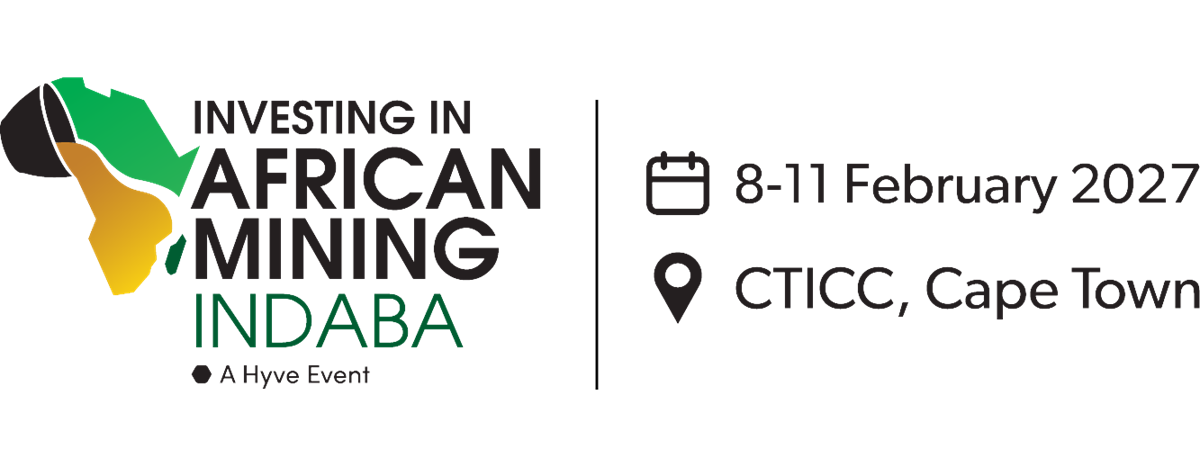
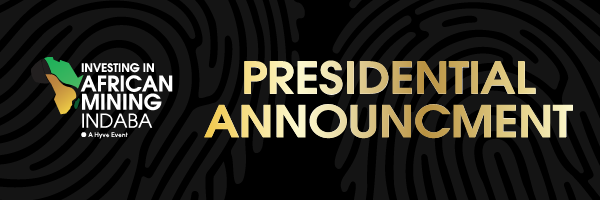



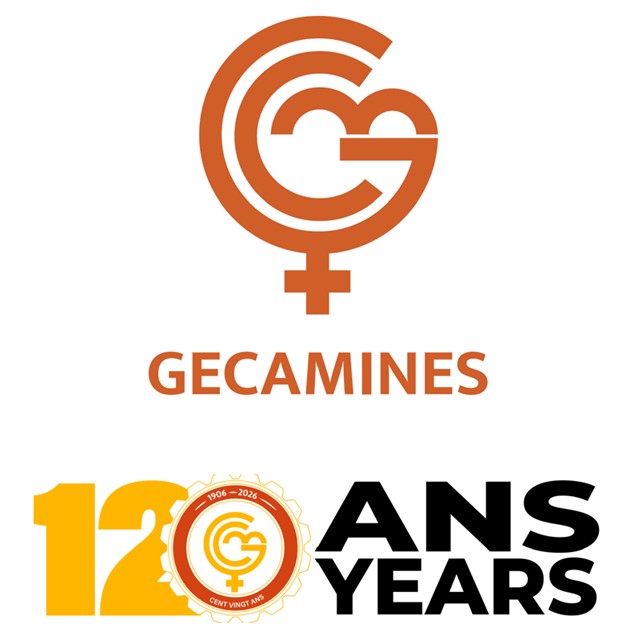
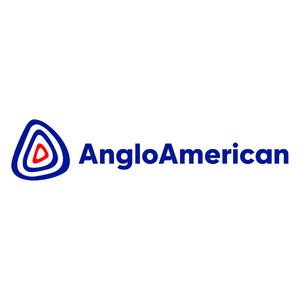

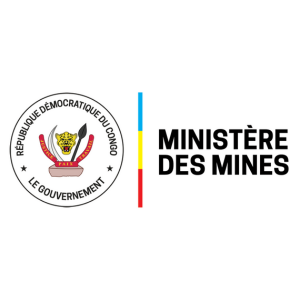
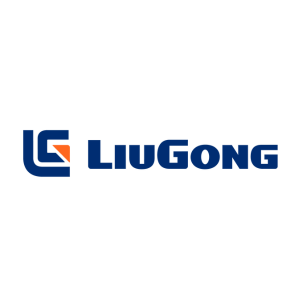
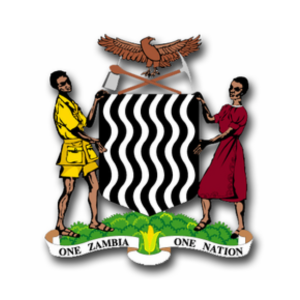

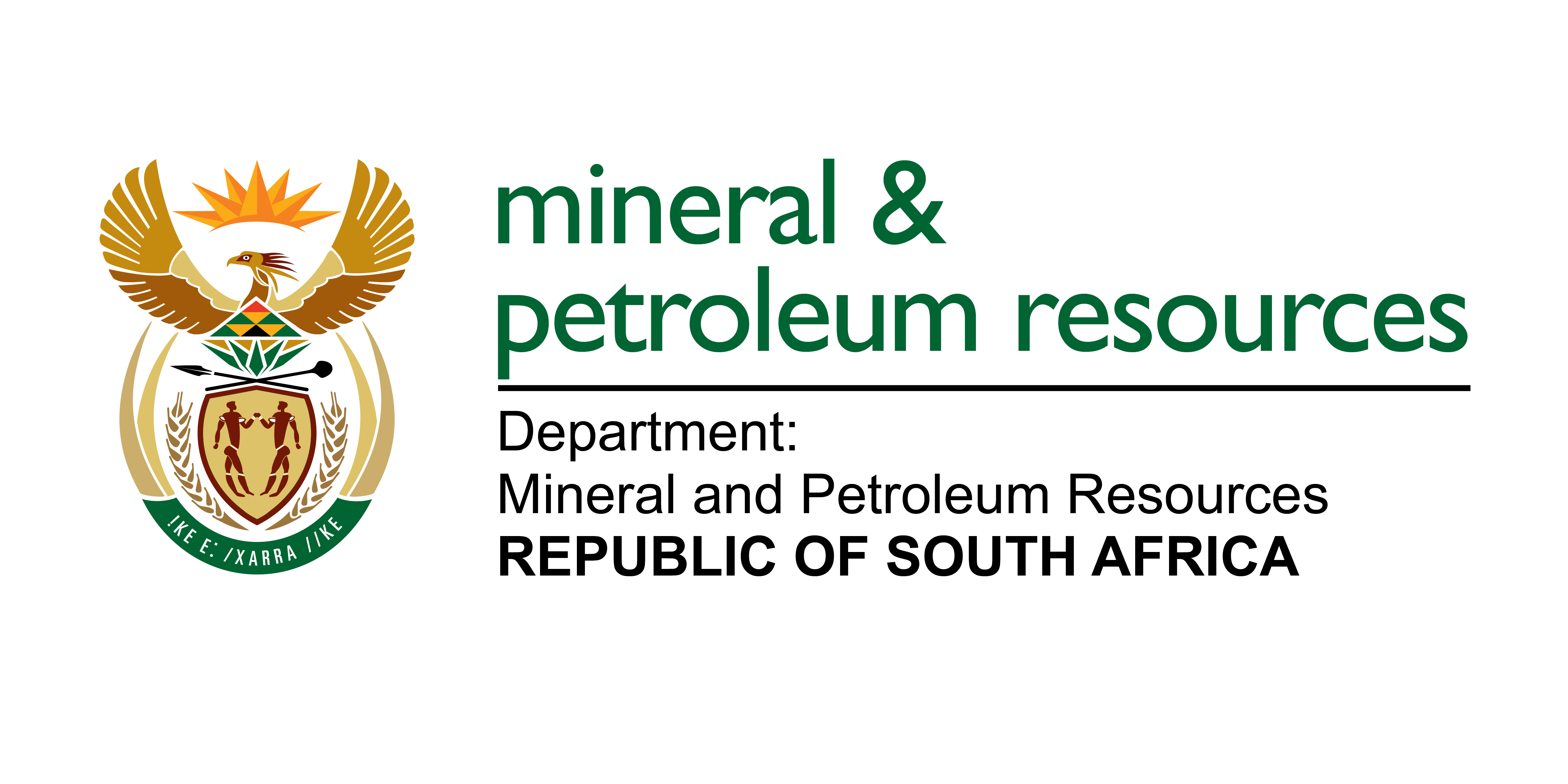-Logo_CMYK_1.jpg?width=1000&height=500&ext=.jpg)
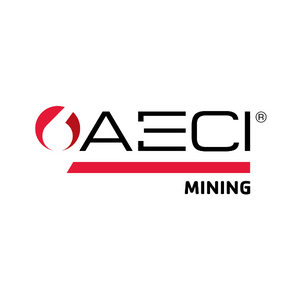


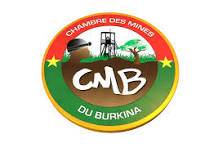
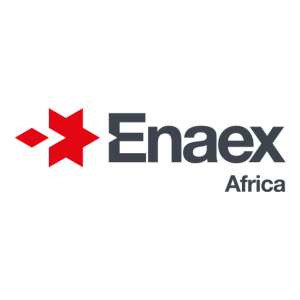


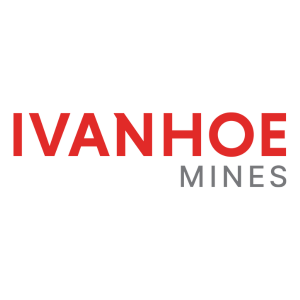
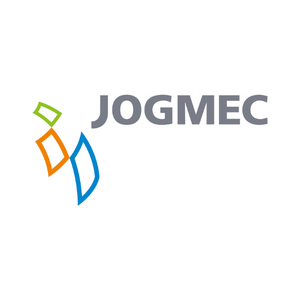

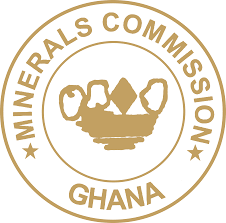
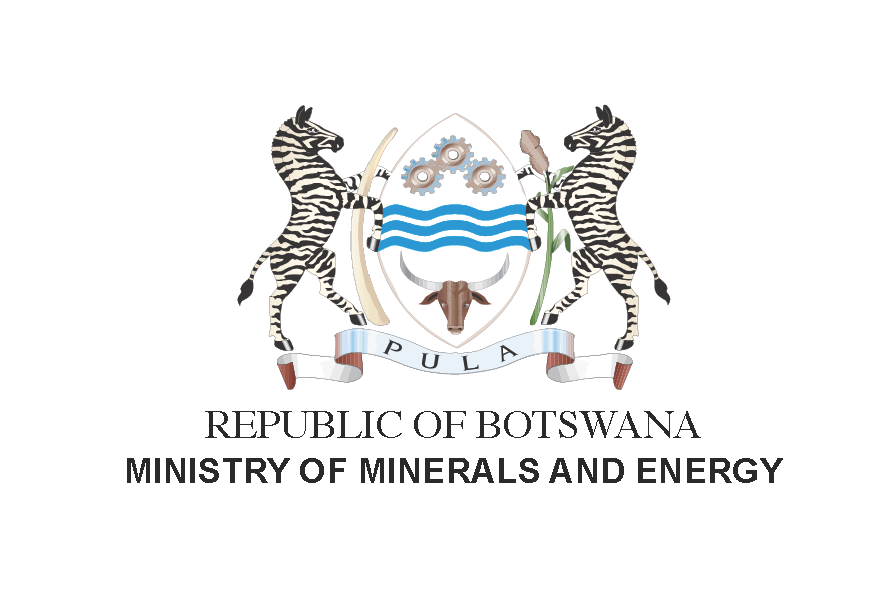.png?width=300&height=208&ext=.png)
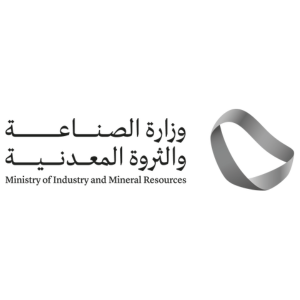
_mi25-weblogo.png?ext=.png)
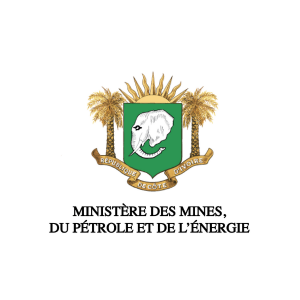
_1.png?ext=.png)


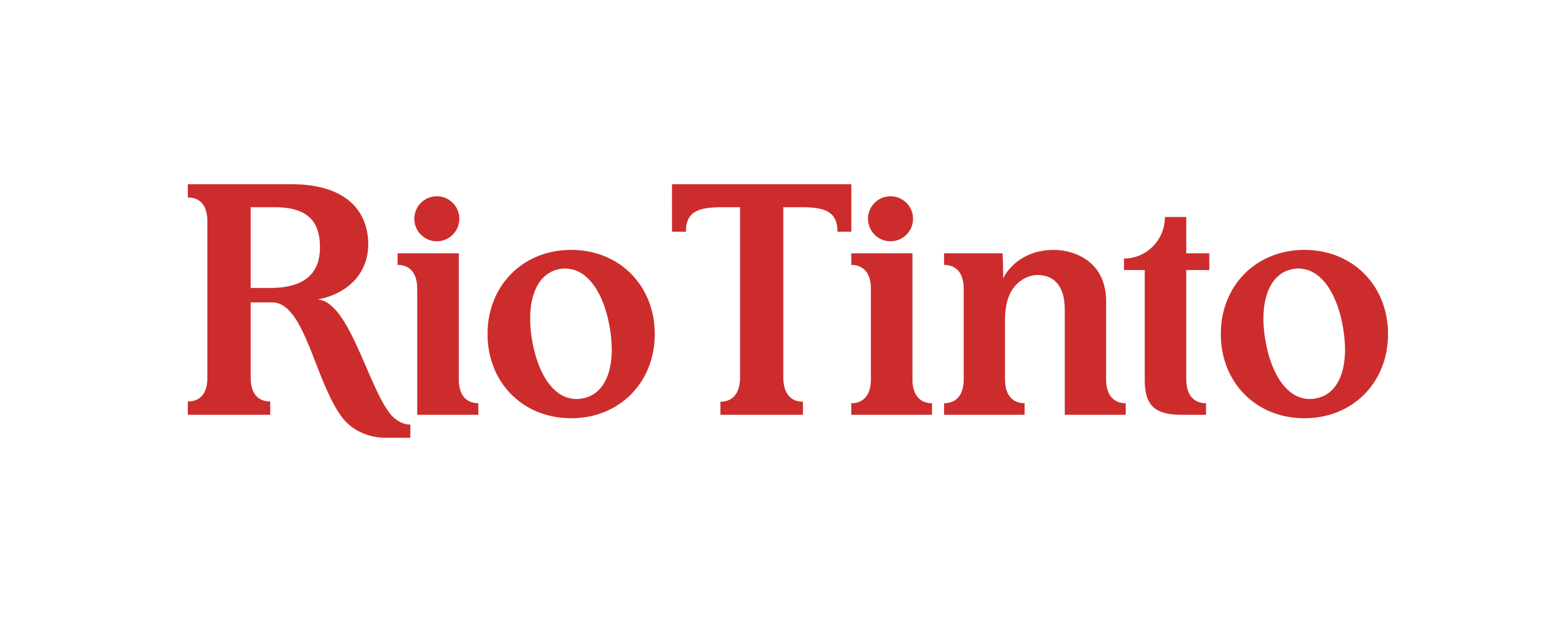


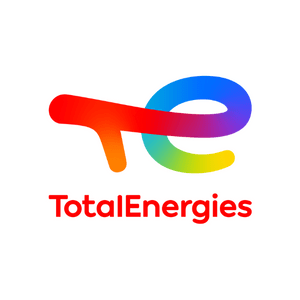
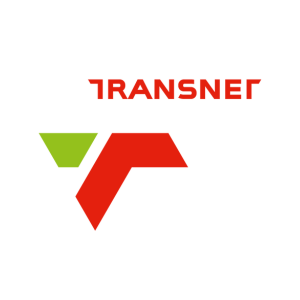


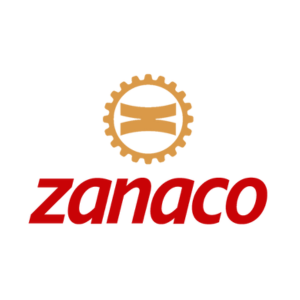

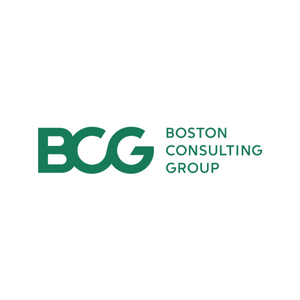
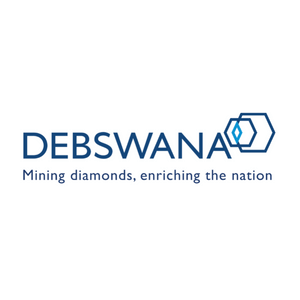



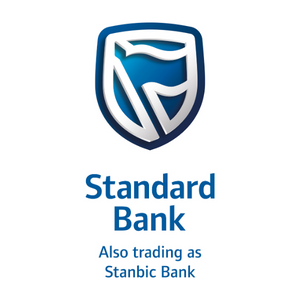


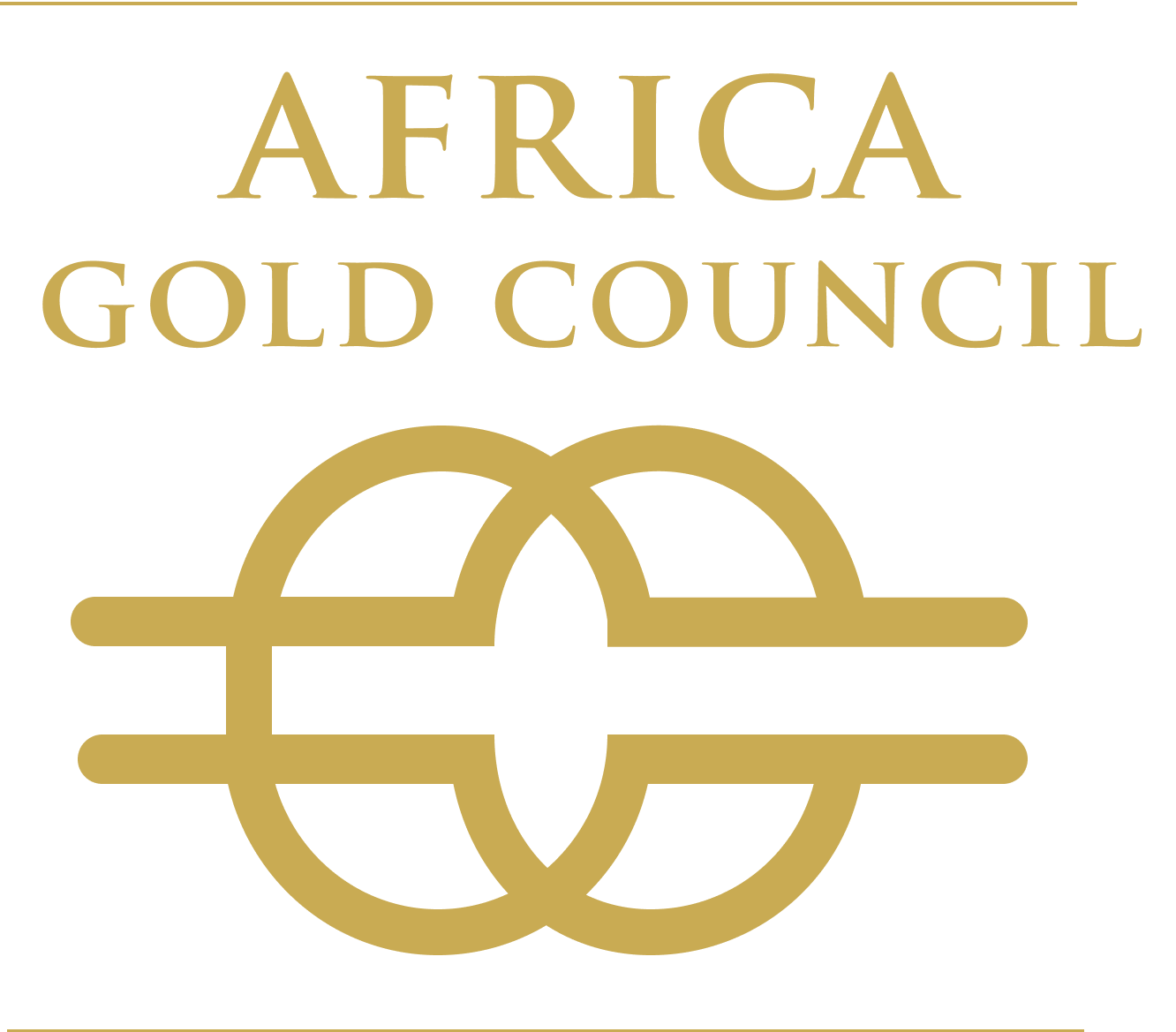
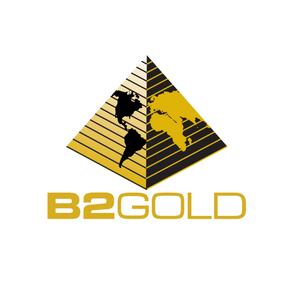
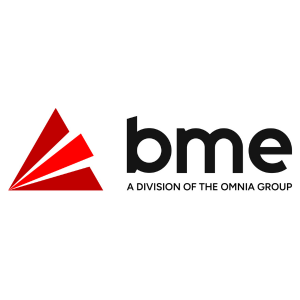


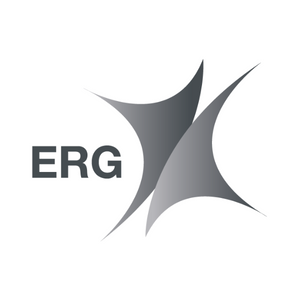










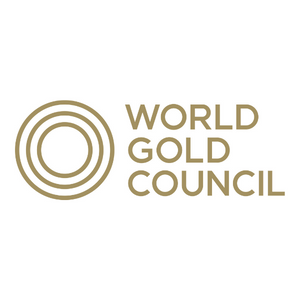
_logo.png?ext=.png)

_mi25-weblogo.png?ext=.png)


